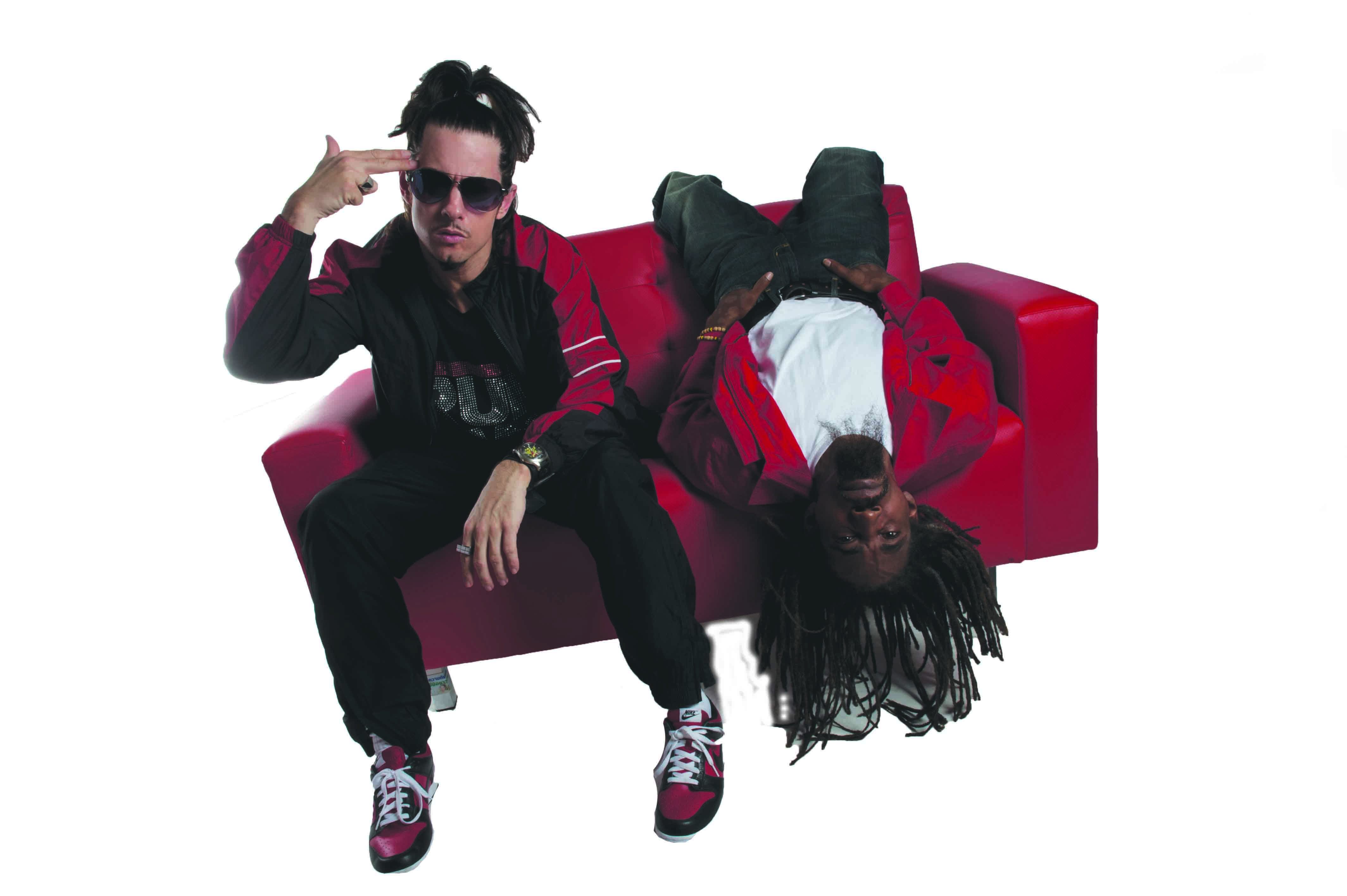Mention Philips, the Dutch appliance maker, and it’s hard to image a more unexciting corporate conglomerate. The company makes electric leg shavers, low-wattage LED light bulbs and a whole glossy catalogue of workaday consumer goods.
Few would place it among the world’s greatest contributors to global hip-hop culture. But there it most certainly stands.
The story begins at the 1963 Berlin Audio Show, when Philips introduced what at the time appeared to be a shockingly innocuous new medium of audio storage – the compact cassette.
By 1966, with technology on the march, the company released the Norelco Carry-Corder 150, a portable audio device that could not only play compact cassettes but also record them. In 1969, Philips married its recorder to the radio and released the ‘radiorecorder’, a dull grey and matte black plastic audio box with an extendable chrome antenna for the radio and chunky mechanical buttons to record, play, stop, fast-forward and rewind.
The boombox was born.
Sound quality improved throughout the 1970s. Dual cassette decks were added, which made copying cassette tapes push-button easy. And by the 1980s, just as hip-hop legend DJ Kool Herc was redefining the term ‘house party’, the humble radio recorder was ready to become epic.
“I remember getting my first ghetto blaster as a kid, and using the dual cassette decks to try to make my own mix tapes,” says the Bangkok-based American rapper known as Hydro Phonics, a card-carrying medical marijuana smoker from North Carolina, in a soft southern drawl.
The portable boombox moved the party from the living room to the street corner, where rappers and b-boys traded dance moves and beats. It provided the artillery for a generation of freestyle street battles. “Nothing can ever replace that box sitting in the middle of the party and everyone dancing.”
These days, Hydro Phonics works out of Bangkok pushing hip-hop throughout the Asia region. He performs a two-man show under the rubric Ghetto Blasters with regional DJ powerhouse Tech 12. The Ghetto Blasters perform with Akil the MC, previously of Jurassic 5, under the name Four Dub.
Originally from Bristol, in the UK, Tech 12 claims residencies at two legendary Bangkok night clubs: the Bed Supper Club and Q-Bar. He’s also the resident Wednesday night DJ at Seduction Phuket, and he’s worked alongside such musical heavy weights as The Black Eyed Peas, Public Enemy, Grandmaster Flash, Cash Money, Massive Attack, Portishead and others.
Akil was a founding member of the Los Angeles-based alternative rap act Jurassic 5, which came of age during the late 1990s heyday of West coast rap. Powered by the prodigal turntablism of DJ Cut Chemist, the group’s eponymous 1997 album was hailed by many critics as a legitimate contender for hip-hop album of the decade.
Cut Chemist left the group in 2006, and the rest of the members parted ways soon after. Akil, a Los Angeles native, headed east. He met Hydro in Bangkok through mutual friends, and the two bonded over big fatties and old school beats. Musical collaboration came naturally. And for a DJ, Tech 12 was the only real choice. “He’s the best,” Hydro says.
Working together, the trio has in recent years established themselves as among the region’s leading hip-hop acts. “In three years, we turned it from a one-show gig to a 20-city tour,” Tech 12 says.
The three leave for China this weekend, where they will do the first of 20-dates on the Revenge of the Boombox tour, an old-school hip-hop tribute to the movement’s earliest battery-powered boxes. The tour includes stops in Thailand, Vietnam, Cambodia, Indonesia, Japan, Malaysia, Singapore and the Philippines. “Not bad for a couple of white boys,” Hydro muses.
They still do the original gig, too: Gin and Juice, aka Sucka Free Sundays, at the legendary Q-Bar in Bangkok, and their regular dates now include more than a dozen cities in the region. “We got like a billion points on Bangkok Airways,” Hydro laughs.
In addition to the music, the group is working on a television show called The Real Houselives of Potheads, with Akil and Hydro as the stars. There are also plans afoot for a movie, called Hemp Hop, and tentative ideas for a musical.
A year ago, the trio collaborated with people from MTV Exit to write a song for one of the show’s anti-human-trafficking campaigns. For Hydro, the subject is more than just the hot-topic du jour.
“My girlfriend was part of a human-trafficking attempt,” he says. “She was led to a place that was supposed to be a modelling dinner, and they tried to kidnap her.” Her story became part of the MTV Exit documentary Enslaved. The music was a natural contribution.
“We did a song called Not For Sale and a remix of the same song called Enough, and we’re basically promoting the song before we release it on tour. The song is basically anti-human trafficking. We’re just trying to bring some sort of awareness to that,” Hydro says.
No strangers to Phnom Penh, the group made its first local appearance in 2007. Local b-boy crew Tiny Toons danced while Akil sang. When the power went out – as it did, and often still does – people in the crowd used mobile phones to light up the dance floor, and the Tiny Toons kids kept breaking.
It was an introduction to Cambodia that Akil remembers most fondly. “Definitely one of my best memories as an artist,” he says. “Period.”
WHO: Akil the MC, Hydro Phonics, DJ Tech 12
WHAT: Revenge of the Boom Box Tour
WHEN: 8pm 5 May
WHERE: Pontoon
WHY: Old-school hip-hop resurrected
